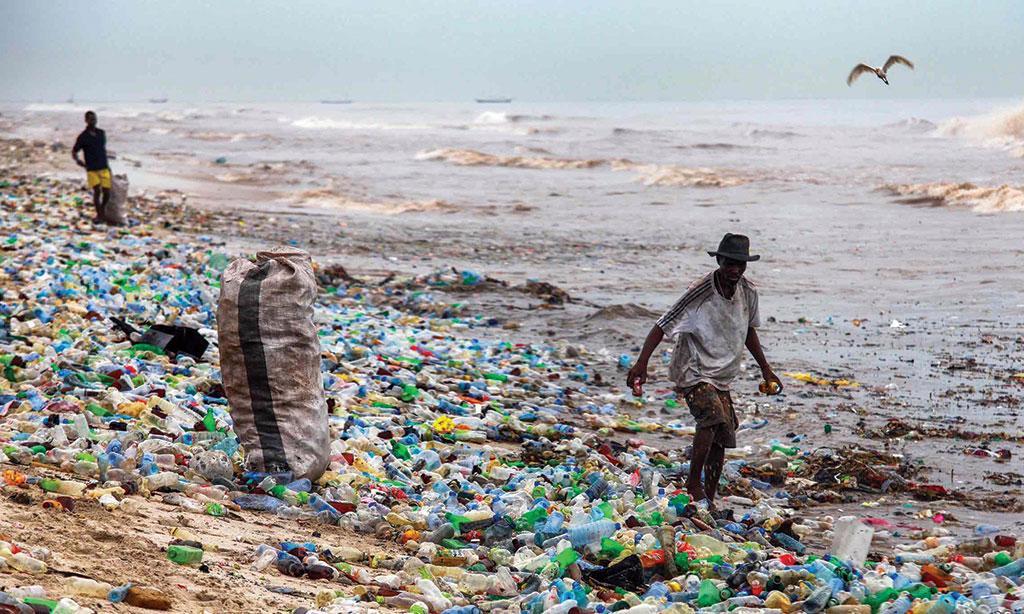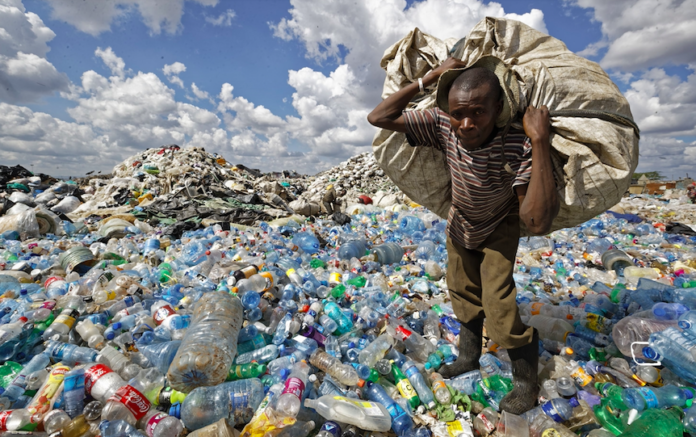By Dr. Elvis Tangem
Addis Ababa, Ethiopia: The World Environment Day 2023 serves as a reminder that Environmentalists and global leaders they are not the only ones responsible for saving the environment and nature.
World Environment Day 2023 provides hope and an opportunity for all of us to contribute to the protection of the environment and the well-being of the planet at a time when extreme temperatures, unusual storms and cyclones, and natural disasters constantly remind us of the irreparable damage that has been done to Mother Earth.
The WorldEnvironment Day 2023: Theme is Under the #BeatPlasticPollution campaign, in “Ecosystem Restoration.” As the material slowly seeps into our oceans, soil, and forests, causing irreparable damage, it serves as a reminder the impact of individuals’ actions regarding plastic damage.
The day is facilitated by Côte d‘Ivoire and upheld by the Netherlands. World Environment Day serves as a clarion call for Action . It is a day that commemorates and calls attention to the ongoing negative effects of plastics on the environment, the oceans and water bodies.
Plastic pollution alters habitats and natural processes, reducing ecosystems’ ability to adapt to climate change, directly affecting millions of people’s livelihoods, food production capabilities and social.

It takes hundreds of years to decompose, and in the meantime, it pollutes our oceans and landfills. It can take centuries for plastic to decompose, releasing harmful toxins into the ground and water. Marine animals are especially susceptible to the effects of plastic pollution, as they can mistake it for food and ingest it. This can cause them to starve or become entangled and drown.
Plastic is made from petroleum, a non-renewable resource like Polyethylene terephthalate (PET), Polyvinyl chloride (PVC). Both PET and PVC are made of petroleum, so they’re not renewable resources. And since they don’t break down easily, they can stay in the Environment for a long time and cause problems.
Plastic from renewable resources, like corn or sugarcane called bioplastics. They’re made from plant materials that can be replenished, so they’re more Environmentally friendly.
Plastic is a major contributor to both land and water pollutiion, contributes to deforestation, enhances climate emiting greenhouse gases during production, negative human & animal health.
The adverse effects of plastic on the environment are vast and varied. We cannot continue to ignore the problem any longer, and we must take action to reduce our reliance on plastic. We can start by making small changes in our everyday lives, such as using reusable bag and water bottles. Every little bit helps, and together we can make a difference.
This Post was first published on LinkedIn














